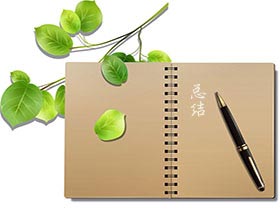1、be动词:am、is、are。am用于I,are用于you,we,they和名词复数;is用于he,she,it
和名词单数(统称为'三单',即第三人称单数)。
2、助动词,主要分为do和does。do用于主语为'非三单'(I,you,复数); does用于主语为'
三单'(he,she,it,名词单数)助动词用于“否定句和疑问句”,后面一律加“动词原形”。 例:(1)I like apples. 否定句: I don't like apples.
一般疑问句:Do you like apples?肯定回答: Yes,I do. 否定回答: No, I don`t.
(2)He reads books on Sundays. 否定句:He doesn't read books on Sundays.
一般疑问句:Does he read books on Sundays?
肯定回答:Yes,he does. 否定回答:No,he doesn't.
3、主语为'非三单'时,动词用原形;主语为'三单'时,动词后面加-s或-es。
4、名词单数变复数规则变化的规律
(1) 以s,x,sh,ch结尾的单词,加-es。如bus-buses,box-boxes,dish-dishes,watch-watches
(2)以o结尾,有的单词加-es,如tomato-tomatoes,potato-potatoes
有的单词加-s,如piano-pianos,photo-photos
(3)以辅音字母+y结尾的单词,把y改成i,再加es,如story-stories,baby-babies
(4)单词以f或fe结尾的,把f或fe改成ves。如,knife-knives,leaf-leaves
(5)一般情况直接加-s,如 boy-boys,girl-girls,apple-apples
…… …… 余下全文




